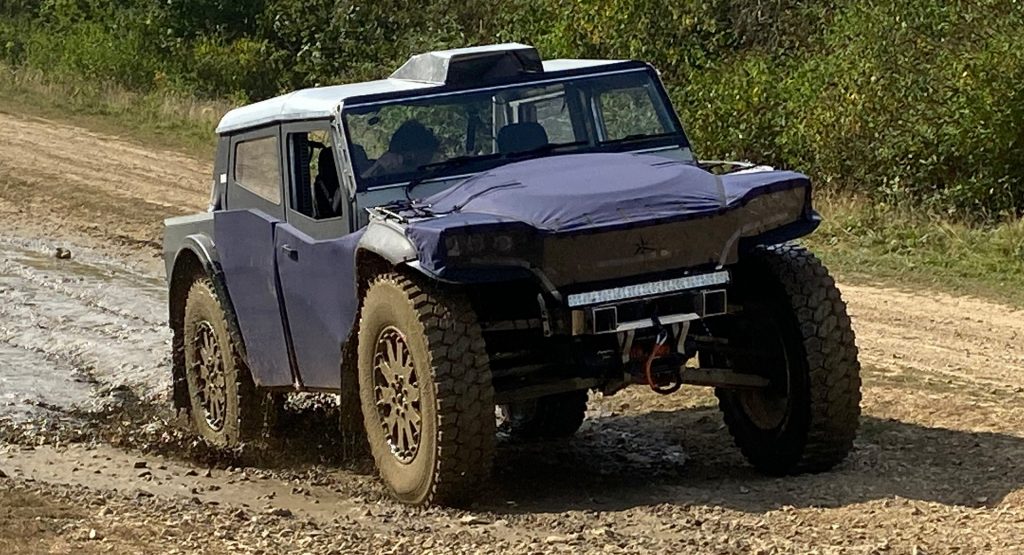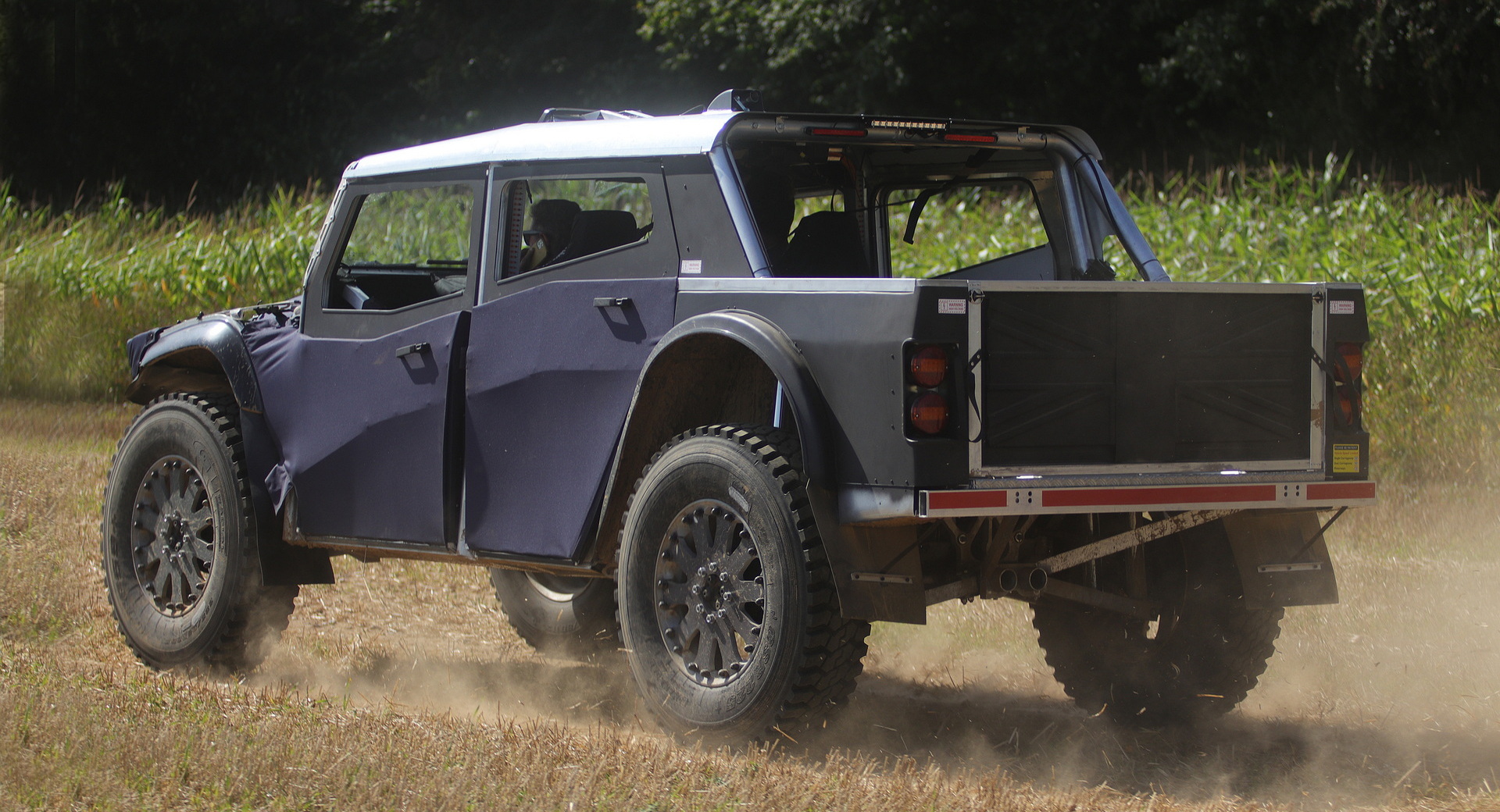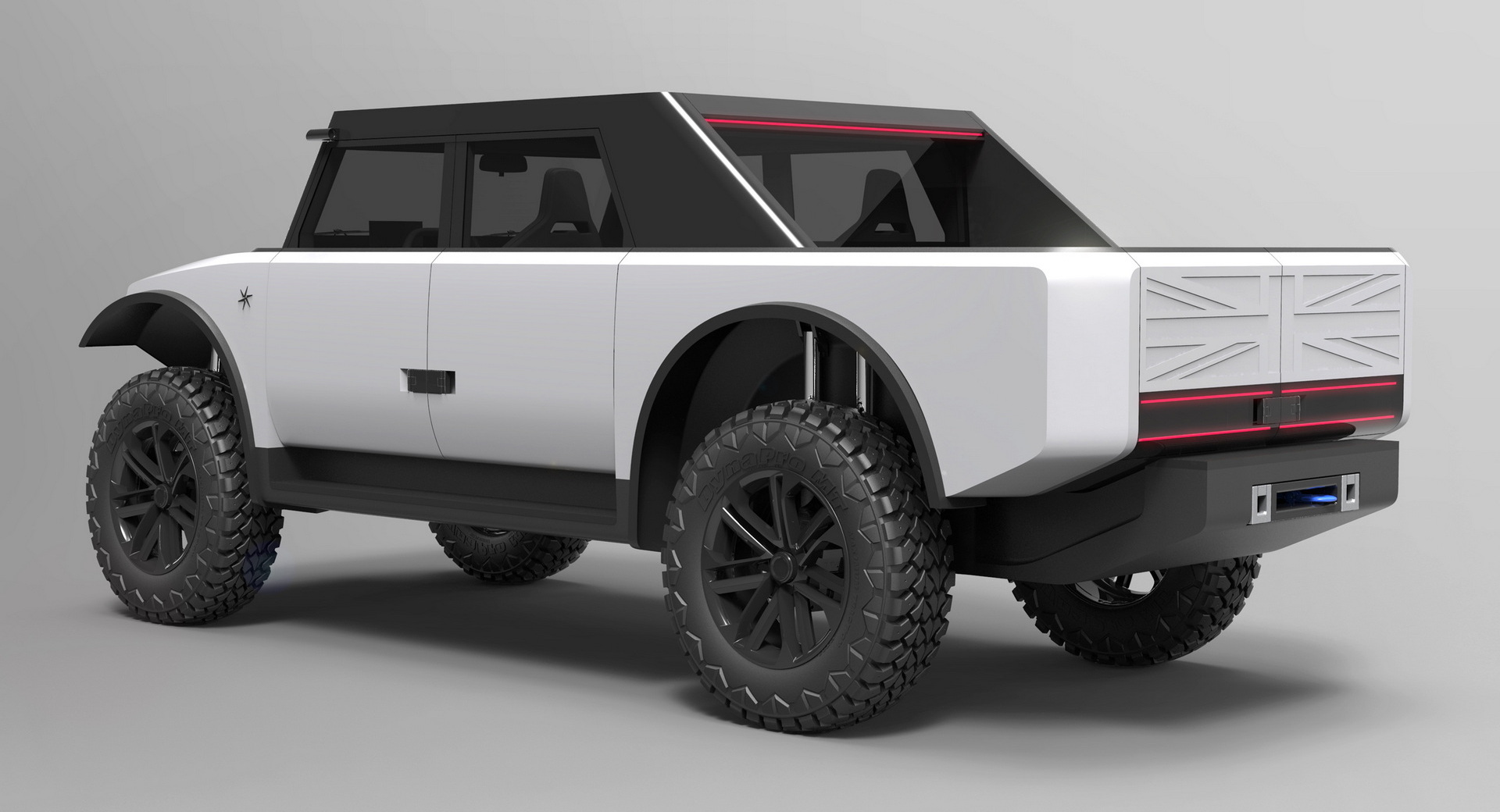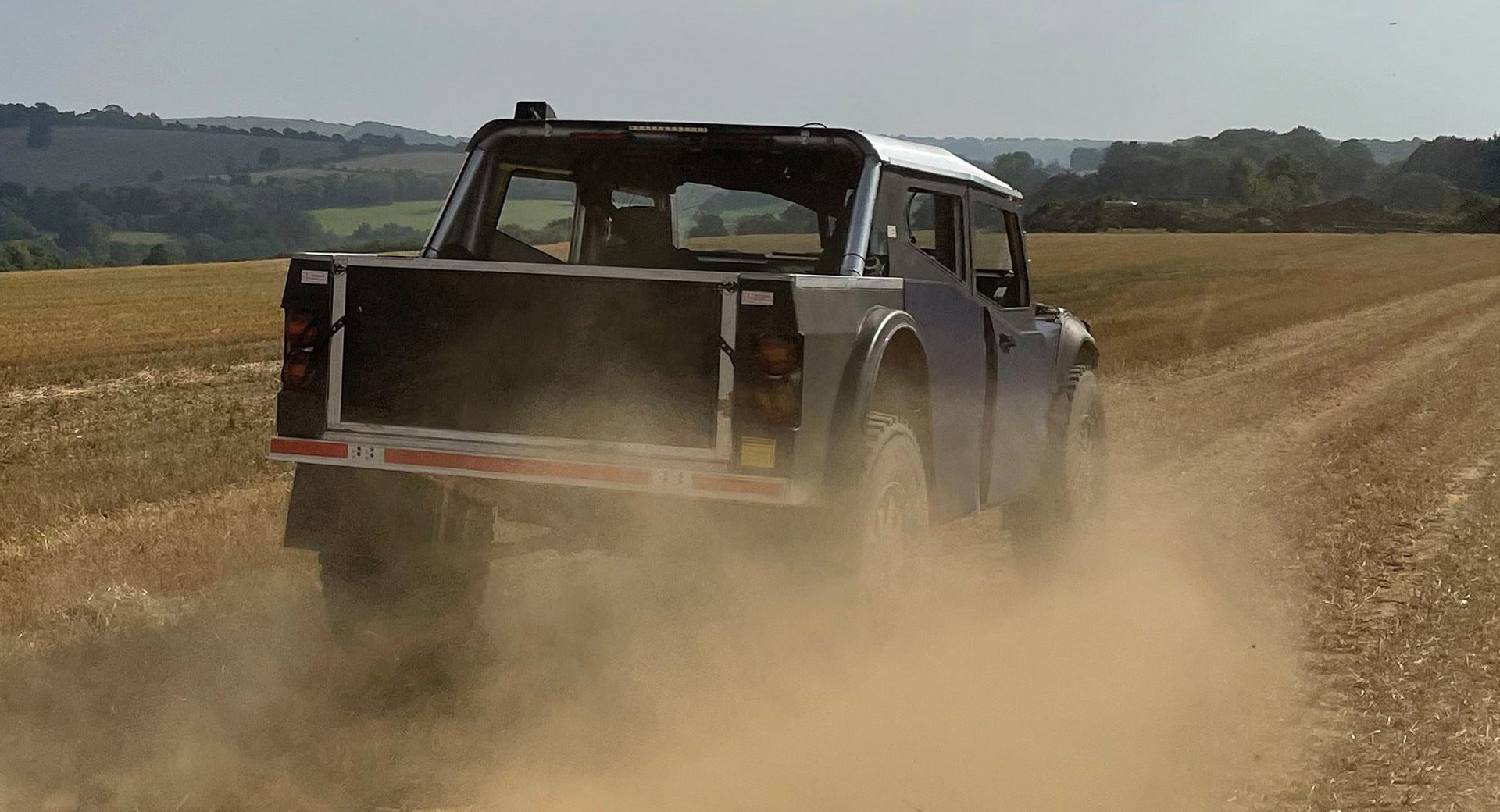England has provided the world with another smallscale automaker, this time called Fering. The first vehicle it plans to create, the Pioneer, is looking to rewrite the book on off-roading.
Founded by Ben Scott-Geddes, who has worked with McLaren, Ferrari, and Caparo has decided to apply his considerable talents to the world of off-roading, with a focus on explorers and emergency services.
In order to live up to its name, the Pioneer has been supplied with a drivetrain that is capable of going up to 7,000 km (4,350 miles) between fuel stops. That is achieved thanks to a hybrid drivetrain that makes use of a pair of electric motors (one at each axle) to power the wheels. These are supplemented by an 800cc, three-cylinder biodiesel engine that acts as a range extender. Fering adds that it will offer generators that run on other fuels (alcohol, for example) to adapt to market needs.
Read Also: Cupra Tavascan Extreme-E Concept Hints At Brand’s Second Electric Production Car
Operating only at its most efficient, the range extender helps supply the batteries, which on their own only have a range of around 50 miles, with extra power, while the motors do the hard work of climbing and crawling.
With its focus on extreme conditions, though, the Pioneer couldn’t simply use regular batteries, which lose range in the cold and the high heat. Instead, the SUV will use Lithium Titanate Oxide cells that are better equipped to deal with extreme weather.
In all, the Pioneer gets 600 Nm (442 lb-ft) of torque, which is delivered instantly thanks to electric motors. And while that’s all clever, it’s not the really interesting part of the Fering Pioneer.
Despite its meaty appearance and its hybrid drivetrain, the Pioneer weighs in at just 1,500 kg (3,306 lbs), nearly 300 kg (660 lbs) less than a two-door Jeep Wrangler. That’s thanks to its aluminum frame with composite elements and its unusual body.
Rather than opting for steel, Fering has chosen to make the body out of a durable fabric, similar to what hiking boots are made of. The automaker reasons that the fabric offers better insulation than steel and is more forgiving off-road. Instead of denting, it can bend and if it tears, it’s cheaper to replace or fix than a steel body panel.
The wheels, meanwhile, are 22.5-inches, which may sound a bit showy, but Fering says they’ve been selected specifically to fit standard truck tires to ensure that even in the most remote areas on the globe, new tires can be found.
The first Pioneer prototype is currently undergoing its thorough test regimen and Fering plans to start production in the first half of 2022.









